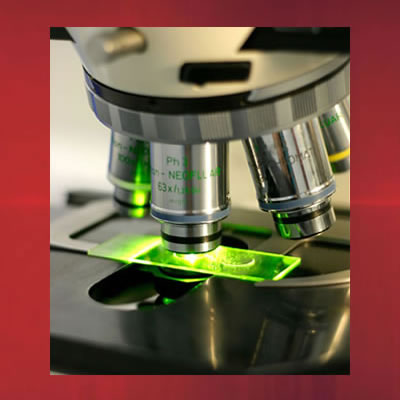
IMMUNE RESEARCH AND DEVELOPMENT
Antibody Systems (ASI) maintains a continuing Research and Development Program focused on Immunological modulators derived from parasite extracts, cytokine/receptor development, hemorrhagic viruses, new vaccine development, and other diseases.
One of the primary objectives of ASI’s R&D Program is to identify the peptides, enzymes, and other molecular compounds which are utilized or created by parasites, viruses, and bacteria to subvert the host’s immune system or cause disease. These compounds are evaluated for their feasibility as new treatments of immune disorders.
Further objectives of the R&D Program are to identify and evaluate promising “natural resources and products” for use in the treatment of human diseases. The following are some of ASI’s development programs.
- DENGUE – Through collaboration with the University of Mexico Medical School in Merida, Yucatan, ASI has studied treatment protocols for Dengue in an effort to find an inexpensive and effective treatment for this disease. Dengue is a painful, debilitating mosquito-borne illness which can range from a mild fever to incapacitating high fever with severe headache, muscle and joint pain and sometimes death. The WHO estimates that there may be 50-100 million dengue infections worldwide every year. Currently there are no treatments available for Dengue other than supportive care such as rest and fluids.
- VIRAL HEMORRHAGIC AND SMALLPOX RESEARCH APPLICATIONS: The ability to do research in the areas of biological weapons is limited to only a handful of laboratories in the world. Through a CRADA (Cooperative Research and Development Agreement) with a facility of this capability, VECTOR, a Russian BL4 Viral Research Center, ASI has employed Russian scientists, equipped laboratories with necessary equipment and funded testing focused on pharmaceutical drug applications for the treatment of bioweapons and dangerous pathogens. ASI has also worked on joint projects with the Unites States Army Medical Investigation of Infectious Disease (USAMRIID) biological level 4 (BL4) laboratory to produce effective results against Ebola and other dangerous hemorrhagic pathogens.
- GENETIC VACCINE: ASI has collaborated with the CDC in a joint venture to evaluate a newly discovered retrovirus to ascertain if it would accept insertion of a human or viral gene. ASI and the CDC co-discovered a virus that is only known to infect less than fifty people in the world. This virus is considered a potential gene delivery mechanism that meets several important criteria:
- Genetic delivery virus cannot cause human illness.
- Genetic delivery viruses cannot already be in the general population.
- Genetic delivery viruses have to remain in the human host for the lifetime of the human.
- Genetic delivery viruses cannot be transmitted human to human.
The above four criteria represent what the scientific community feels would be a safe and effective organism that has the capability of inserting a gene code into gene deficient humans. The applications to disease are unimaginable at this current time.
This twenty-first century medicine is cutting edge technology that remains a new and exciting frontier to explore.
- ANTIBIOTIC POTENTIAL: Komodo Dragons (Varanus komodoensis) are our closest link to the Jurassic dinosaur era. These creatures evolved on a tiny island in Indonesia over the course of twenty-five million years. Unknown and unencumbered by western civilization, the evolution of their immune system became the focus of our study. The purpose of this study is to identify the molecule that may be circulating in the blood stream and possibly giving this animal protection from all known bacterial infections. The evolution of the bacteria and the immune system of the dragon have produced dangerous, non-antibiotic resistant bacteria: however, it has also afforded scientific information that may help design a new type of antibiotic that will focus on antibiotic resistant bacteria.
